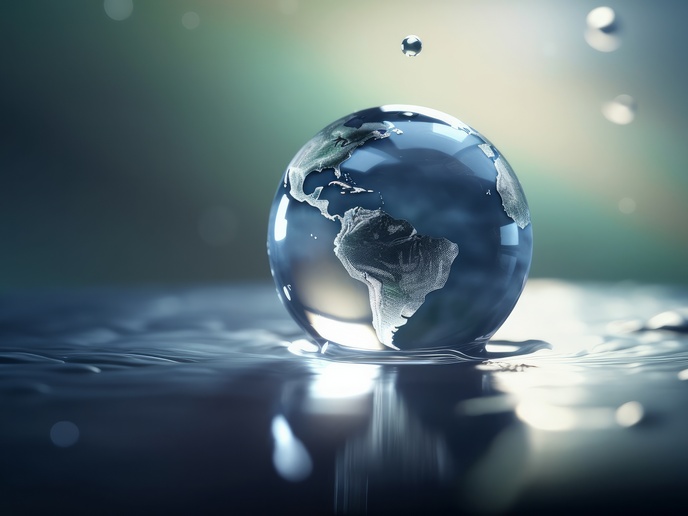Towards a sustainable marine aquaculture industry
Using wild-stock fish meal (FM) and fish oil (FO) for aquaculture activities is ecologically unsound and unsustainable, with a pending lack of FO threatening to severely constrain aquaculture growth. An answer to this problem can be found in the use of vegetable oils (VOs), which are also rich in C18 polyunsaturated fatty acids (PUFAs). However, they are lacking in the n-3 long-chain PUFA (LC-PUFA), which are plentiful in FOs. This is a major drawback, actually compromising their nutritional value for human consumption. The 'Fish intestinal nutrigenomics in response to fish oil replacement in Atlantic salmon diets' (Fishinutrigen) project sought to address this issue by identifying the salmon genes and metabolic pathways in intestinal tissue that influence traits important to farm production and nutritional quality. To reach a better understanding of intestinal functions and the effects of various dietary lipids, the EU-funded project set out to determine the effects of sustainable diets for Atlantic salmon. This was done using bioinformatic analyses and taking into account genotype variation, and gene and protein expression. Two main objectives guided team members. The first was to identify molecular pathways involved in the adaptation to a VO diet. The second was to determine whether different families, fed with VO diets deficient in these fatty acids, vary in their ability to deposit and retain n-3 LC-PUFA in their flesh. One of the experiments examined two groups of Atlantic salmon. Results clearly showed that families with different fat deposition phenotypes ('fat' versus 'lean') react differently to the substitution of FO by VO, with the 'fat' family showing a higher response to VO replacement. Seeking to promote the sustainable development of European aquaculture, the Fishinutrigen project addressed a problem of critical importance for aquaculture and for the provision of safe and nutritious seafood for EU citizens.







